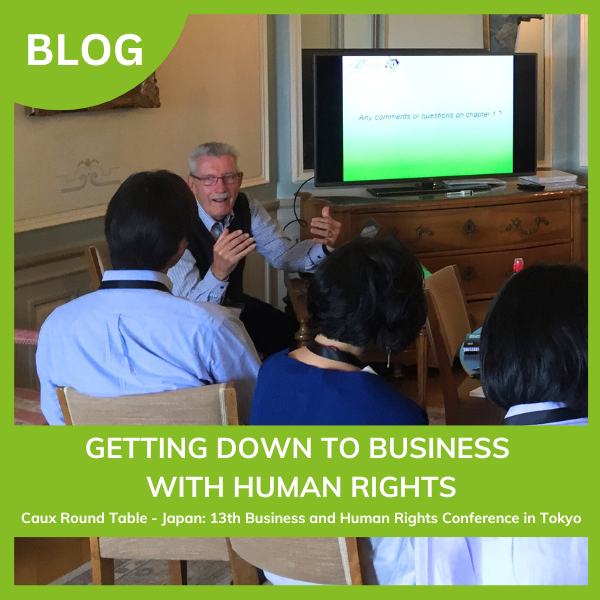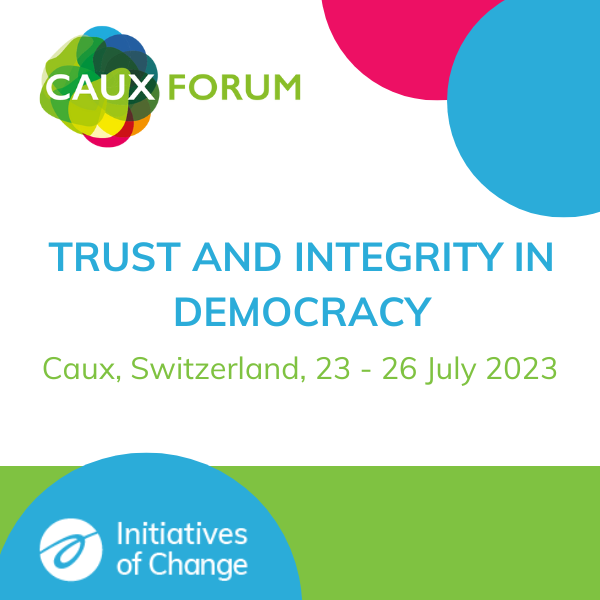Values-based Leadership in Business: What can we learn from agile natural disaster risk management ?
Ethical Leadership in Business
24/04/2018What do cyclones, large storms and earth quakes have to do with the impact of the ongoing 4th Industrial Revolution? Well, sometimes this unprecedented fast technological revolution feels like a natural disaster shock, like a tsunami, deeply impacting our way of living and being.
Intrusive data collection, analysis and behavioral predictions disrupt our notion of privacy and human identity. On the labor market we are competing with rapidly learning machines, increasingly replacing humans at work. A growing number of permanently unemployed people will challenge social cohesion and peace. Many more innovations with new risks and opportunities are to come. It’s time to build resilience in business and society.
Let’s say that there are similarities between disruptive innovations and natural disasters. In this case we can learn from resilience programs aiming to reduce natural disasters risks through prevention, preparedness, and early warning systems and transferring it into the business world.
Prevention: In the corporate world, a key prevention measure is to encourage the development of innovative bottom-up solutions that increase the agility and thus business resilience. For rapid innovation and experimentation on all levels, businesses need to develop a values-based working culture, favoring creativity, openness and active listening. Values-based innovation will unleash employees’ innovation capacities. Why? Creativity needs boundaries as much as a open-minded environment to emerge and spark new ideas. Products and services that are aligned to ethical standards will increase businesses’ resiliency as reputation and the license to operate are assured.
Preparedness: Skills are the key element to build personal, organizational and societal agility and adaptability. It is therefore crucial that businesses develop and encourage partnerships with the public sector, academia and civil society to develop long-life learning opportunities for all. However, we should remain realistic: not everyone will find a place in the digital economy. On a society level we need to develop a model that disconnects living income from work, like the universal basic income.
Early warning systems: It’s not only about anticipating potential negative technological disruptions but equally finding opportunities of empowerment for businesses and society thanks to new innovations. Businesses can invite employees to become “Resilience Champions”. Their role is two folded: detecting resiliency gaps and opportunities within the company and develop solutions among employees. Second, connect to their counterparts around the world to exchange on ongoing trends and developments, thus giving an early warning on upcoming risks and benefits.
Learning from natural disaster risk management is helpful to tackle the uncertainty posed by the speed of change and globalization disruptive innovations.
Annika Hartmann de Meuron is Managing Director of Ethical Leadership in Business at Initiatives of Change Switzerland.






























